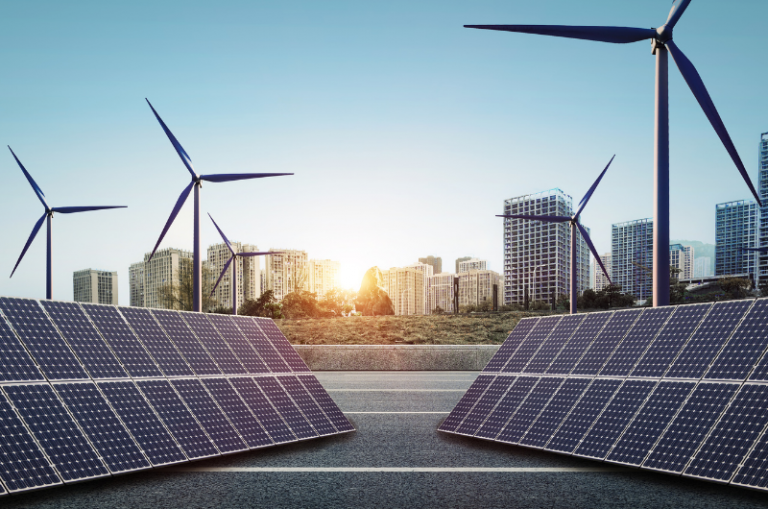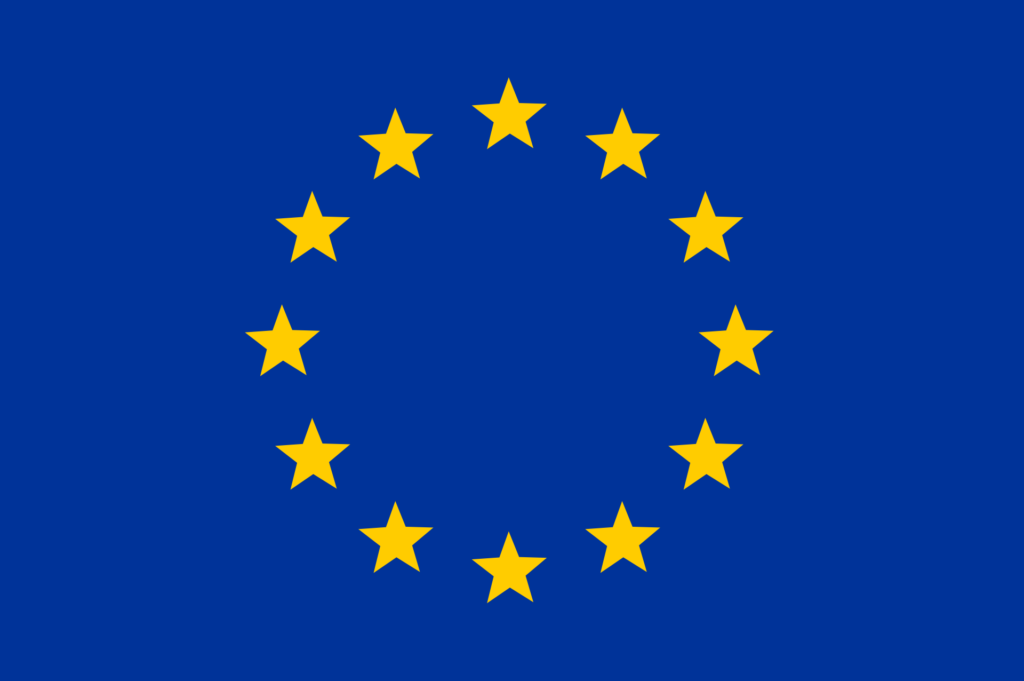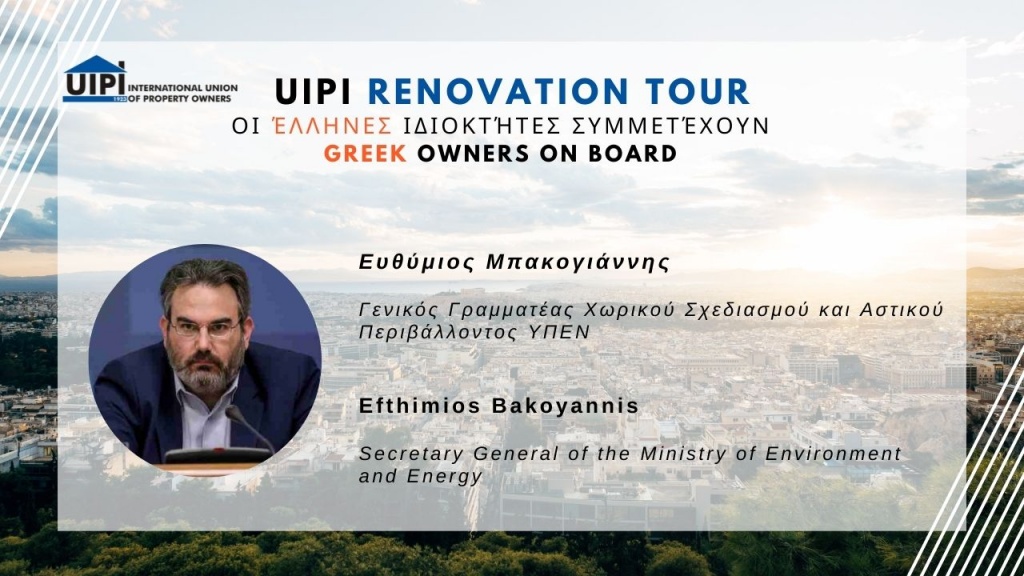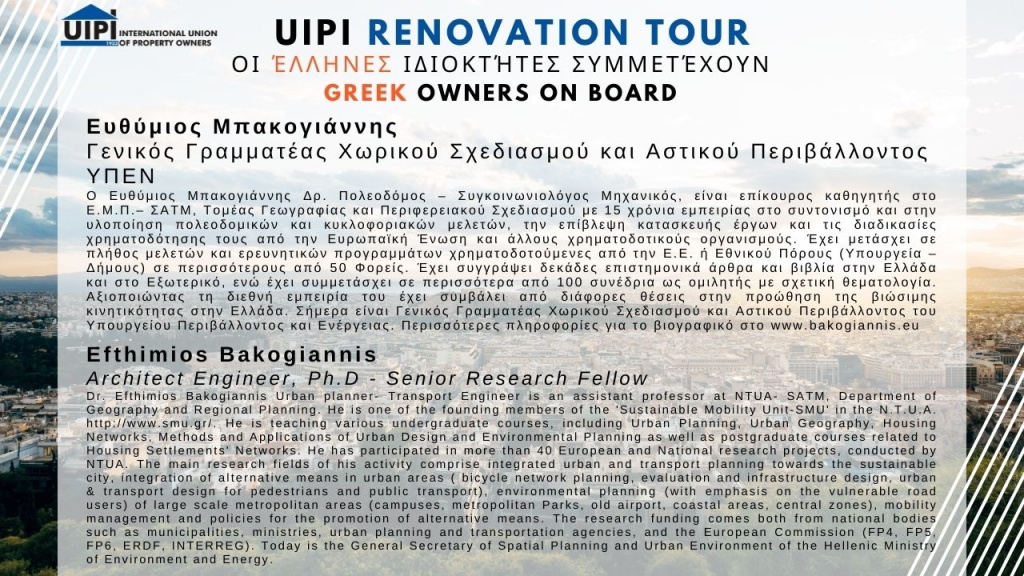How to Boost Energy Communities in Europe?
Decarbonisation is one of the major global challenges when it comes to tackling climate change issues. To decarbonise the EU economy and, thus, energy sector, it is crucial to ensure energy efficiency of buildings. Residential heating and electrification obtained from renewable sources are crucial factors that can highly contribute towards clean energy transition. To make it happen, it is necessary to take steps together and make sure everyone is on board.
What if we could produce and share our renewable energy along with neighbours? Energy communities can be a step forward! It is more than just solar panels and windmills. What can facilitate or impede such development? On 9th June 2021, UIPI and Housing Europe successfully organised first session of webinar series focused on challenges and opportunities in developing energy communities, within the scope of NRG2Peers (a 3-year European project funded under Horizon2020). It provided a space for local and national stakeholders to directly hear from EU policymakers and European experts on the development of legislation on energy communities. During the event, speakers Achille Hannoset and Ana María Sánchez Infante (DG ENER), Josh Roberts (REScoop.eu) and Alix Bolle (Energy Cities) emphasized some of the major advantages and drawbacks when it comes to energy communities. Furthermore, the session created a space for attendees to engage with the speakers and to exchange their views on future development of energy communities in the European Union. The webinar also shared the information on how energy communities may help to deliver EU energy climate objectives. Upcoming modifications on ‘Renewable Energy Directive’ are supposed to be unveiled in July 2021.
Energy communities are collective actions bringing social advantage and fostering citizens’ participation towards clean energy transition. It gained increased attention in recent years, developing range of practices and initiatives that offer new opportunities for the citizens to get actively involved. The speakers highlighted that moving citizens to the fore in energy matters contributes to public acceptance notably of renewable energy projects and attracts private investments. The citizens take on a prominent role of prosumers with a high potential to advance energy efficiency and lowering electricity bills.
In addition, speakers agreed that the involvement of the cities into the energy communities is also highly significant. Cities have potential to boost energy efficiency, reduce energy poverty as well as build trust and long-term partnership. Local authorities can serve, for instance, as policy and regulation enabler, project facilitator, direct community energy member, stakeholder, buyer, or customer, all in once. Their importance is strengthened as they are empowering citizens’ inclusion. French city of Grenoble, as well as Ghent in Belgium, are examples of best practices towards an energy transition.

One of the major obstacles stressed during the session is the users’ lack of understanding and acceptance of collective actions in energy communities. Furthermore, there is an absence of explicit guidance, education, and support to set up successful energy communities, both locally and at EU level. Thus, Member States must meet their legal obligations by transposing the energy community provisions. There is also margin to further recognize and reinforce the performance of energy communities in a more inclusive energy transition.
Overall, the emerging concept of energy communities can positively influence decarbonisation of the EU economy and tackle climate changes. It can be an instrument for facilitating the energy transition at citizen and the local level. By empowering locals, energy community has a potential to close the gap between urban and rural division. Therefore, these entities lead to energy democracy, fostering society based on cooperation and environmentally friendly behaviour rather than financial gain. Respecting boundaries of our planet can bring balance between local and global economies.
The webinar is available on the following link: NRG2peers, Housing Europe and the UIPI present: ‘Boosting Energy Communities in the EU’

This project has received funding from the European Union’s Horizon 2020 research and innovation programme under grant agreement No. 890345.



